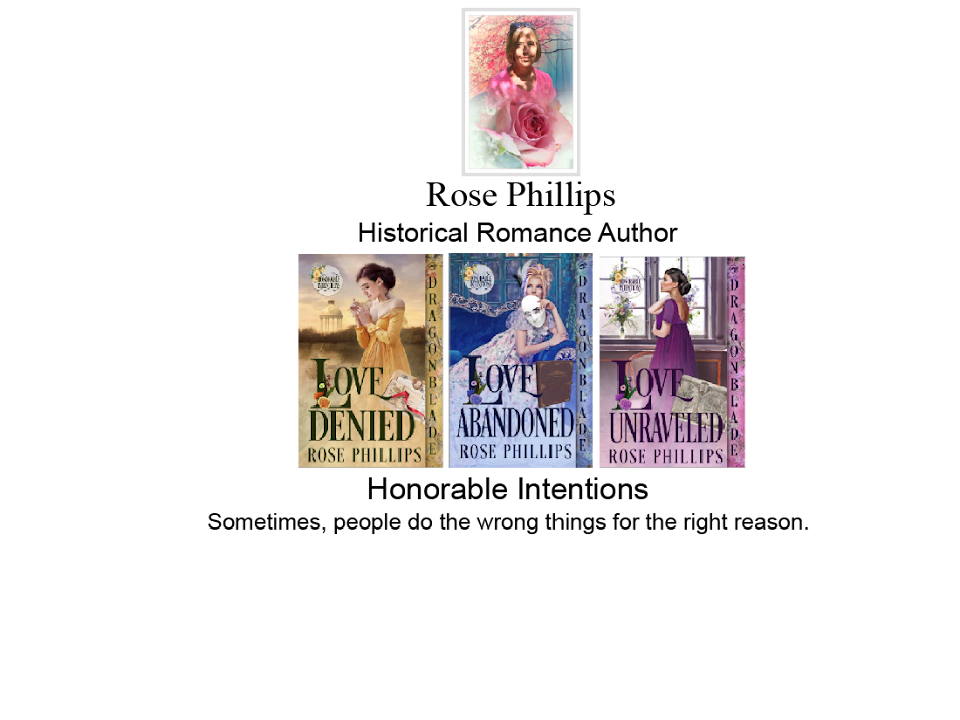I was going to title this “I’ve Fallen and I Can’t Get Up!” but the
reference to Alice in Wonderland is more appropriate to the surprise and wonder
I feel when I plunge into research. It’s a freefall and, tumbling joyfully, I
snatch at details that are enlightening, deeply moving and delightfully
entertaining, tucking them away for use in my novel or for that lull in a
dinner party that just needs to be filled with something.
Let’s look at plot potential. I tripped across John Pattin, a
mapmaker, trader, and all-around curious explorer from the 18th
century. He managed to get arrested in 1750 for encroaching on French
territory. Held in no less than 6 strongholds of New France before being
sent to France, he was not only freed but managed to secure restitution
for losses as well. Pattin promptly returned to the colonies and drew up plans, for the
British, of all of the French forts where he had stayed. Now that’s a character
I can work with—adventurous, savvy and, depending on the lens, incredibly loyal
or wonderfully manipulative and deceitful.
Then, there’s Elizabeth Couc.
Too early for Crossroads, but I'm sure I can work her story in somewhere. Cadillac describes her as a woman “kept by
more than a hundred men.” Now, how could I resist finding out more about her
after a declaration like that? Reality show scripts read dry in comparison to
this real life, multi-husband woman from the 17th century.
As for the dinner party
conversation, it would be all about the beaver. Yup, that crazy little furry
river critter that was so sought after in the 18th century. The
economy in the Ohio Valley, in 1750, was wrapped up in the beaver. So much so that the beaver pelt was considered currency.
The skin of the buck or male beaver was worth four livres, twice as much
as the skin of the doe
beaver. It is the buck that came to be recognized as the money unit, and
is used to this day as slang for a dollar. It would be interesting to find out if
the word "dough" for money comes from the homonym "doe," worth
half a buck.
(from The
Windsor Border Region)I don’t know about elsewhere in the world, but bringing up beaver at dinner in Canada just might cause a few forks to clatter and chip the good china. How wonderful that I can smile graciously with feigned oblivion, and explain how we owe our current currency slang to that charming woodland creature. J




